Like many cozy games and life sims, Luma Island has its own farming system, but with some unique spins on the classic game mechanic. Between plants and trees, you’ll have a wide variety of crops to grow and make food and drinks out of, but that’s not all. Much like real life, you’ll need to deal with pests.
Weeds and insects will impede the growth of your crops, so you’ll need small farm animals to help you out, but they’ll get preyed upon by foxes if you aren’t careful. There’s automation that makes things easier, magical Everseeds mean you won’t have to replant things after you harvest them, and more to discover if you’re willing to live the life of a farmer.
How To Grow Crops
Crops will be the main way to get ingredients for recipes if you’ve chosen the Cook or Brewer Profession, and to get them growing, you’ll need the Hoe and Watering Can obtained at the start of the game, and seeds.
First, remove anything that breaks up the area you want to grow things in, such as Ferns or Trees, then use the Hoe to plow a section of land and turn it into tilled earth.
Plant groups of tree-based crops like Apples and Starfruit in every other row so you can easily walk between and tend to them.
Now you can plant your seeds in the tilled earth. Each plant takes up one tile worth of space, including trees, but only plant-type crops, such as Blueberries and Chili Peppers, can be walked through.
If you want to remove a crop so you can place it somewhere else or change what you’re growing, you can approach them with any type of axe and hold down Interact to remove it.
You’ll get the seed back, and if it’s a tree, you’ll get a small amount of Farm Wood, Twigs, and Farm Resin as well.
You can harvest multiple crops at one time with the Hoe by charging it up near at least one harvestable crop, and it won’t destroy the plant.
Where To Buy Seeds
There are two types of seeds you can get: regular and Everseeds. For regular seeds, these can be bought at the Farmer’s Shop and new crops will become available as you unlock Cooking and Brewing recipes.
When a crop grown from a regular seed is harvested the maximum number of times, it’ll disappear, and you’ll need to replant it using another seed, unless it’s a tree or one of three naturally regrowing crops: Grapes, Chili Peppers, and Kiwi Fruit.
Trees don’t have an Everseed variant, as they’ll endlessly produce fruit as long as you keep them healthy and don’t cut them down.
With Everseed versions of crops, they’ll become infinitely regrowing, as the seed will automatically replant itself after being harvested.
Everseeds can be found in chests of any rarity once you’ve found the crop once, though they’re much more common in Purple or Orange chests, or they can be purchased from the Mushroom Man’s shops for their respective Nature currencies.
|
Everseed Type |
Mushroom Man Shop Region |
Cost |
|---|---|---|
|
Wheat Everseed |
Farm |
Farm Nature Token x10 |
|
Blueberry Everseed |
Farm |
Farm Nature Token x10 |
|
Strawberry Everseed |
Farm |
Farm Nature Token x10 |
|
Corn Everseed |
Forest |
Forest Nature Token x10 |
|
Sunflower Everseed |
Forest |
Forest Nature Token x10 |
|
Tomato Everseed |
Forest |
Forest Nature Token x10 |
|
Sugarcane Everseed |
Mountain |
Mountain Nature Token x10 |
|
Eggplant Everseed |
Mountain |
Mountain Nature Token x10 |
|
Pumpkin Everseed |
Mountain |
Mountain Nature Token x10 |
|
Potato Everseed |
Jungle |
Jungle Nature Token x10 |
|
Watermelon Everseed |
Jungle |
Jungle Nature Token x10 |
How To Water Crops
At first, your only way to water crops will be using the Watering Can to do it one tile at a time, but as you progress in the game, you’ll unlock ways to do it more efficiently: the early game Gardening Hose and the two mid-to-late-game Sprinklers.
Gardening Hose
The Gardening Hose’s drawing costs 2000 Gold and takes five Forest Wood Planks and five Iron Bars to make and takes up a single tile of space. Once placed down, you can interact with it and equip the hose in your hand.
While holding it, you can use it to water multiple plants around you within a nine-by-nine area, though you can walk around with the hose to increase the amount of coverage you can get.
Small And Large Sprinklers
The Small and Large Sprinklers allow you to automatically water and dispense Fertilizer to your crops, but in return, they take more advanced materials and their drawings cost more.
|
Sprinkler Type |
Range |
Drawing Cost |
Materials Needed |
|---|---|---|---|
|
Small Sprinkler |
7×7 Tiles |
15,000 Gold |
Mountain Wood Plank x5 Moonstone Bar x10 |
|
Large Sprinkler |
9×9 Tiles |
30,000 Gold |
Jungle Wood Plank x5 Volcanic Bar x10 |
After being placed, either type of Sprinkler will automatically water any dry crops once per day. You can also interact with them while holding any of the four Fertilizer types to add them to its inventory, and they’ll automatically distribute them to crops within their range as needed.
How To Make And Use Fertilizer
Any type of tree or naturally regrowing crop you plant will always require Fertilizer while it’s growing and after being harvested, or else its growth will stall.
When a crop needs fertilizer, it loses its bright color, and you’ll get a small symbol indicating the type of fertilizer needed above your head when getting near it.
Fertilizer is made in a Kiln from one of the four wood types – Farm, Forest, Mountain, or Jungle. Each one produces its respective type, and they’re used on crops considered to be from that region, such as Orange Trees needing Farm Fertilizer.
To apply fertilizer to a plant, approach the crop when its coloring is faded while having the correct type of fertilizer in your inventory, and then interact with it. Your character will sprinkle some onto the crop, and it will be rejuvenated, allowing it to continue growing.
You can put Pigs into a Pig Pen and feed them Hay from a Feeding Trough to have them produce a few pieces of random Fertilizer each day, as well as Ginger.
|
Crop Type |
Fertilizer Needed |
|---|---|
|
Grape |
Farm Fertilizer |
|
Apple Tree |
Farm Fertilizer |
|
Orange Tree |
Farm Fertilizer |
|
Cherry Tree |
Forest Fertilizer |
|
Starfruit Tree |
Forest Fertilizer |
|
Chili Pepper |
Forest Fertilizer |
|
Almond Tree |
Mountain Fertilizer |
|
Kiwi Fruit Tree |
Mountain Fertilizer |
|
Cocoa Bean Tree |
Mountain Fertilizer |
|
Coffee Bean Tree |
Jungle Fertilizer |
|
Mango Tree |
Jungle Fertilizer |
How To Remove Beetles And Weeds
Each day, all your crops have a chance to grow weeds on them or attract beetles, both of which will stop the crop’s growth, and in the case of weeds, will also begin to ruin your tilled soil.
When this happens, go over and interact with the affected plant. This will either remove the weeds from it or squash the beetles, and return the plant to its healthy state so it can continue growing.
You can also catch Beetles with your Bug Net and use them as a food source for Chickens or as Bait for catching Farm fish.
How To Automate Weed And Beetle Removal
If you want to automatically remove weeds or beetles, you’ll need to have Rabbits and Chickens, along with either a Rabbit Hutch or a Chicken Coop, near or inside the area where you’re growing crops.
When around any crops, Rabbits eat any weeds that grow on them, while Chickens feed on beetles that arrive, and you won’t need to feed them Hay to make them do it, as feeding them only makes them produce their respective material.
|
Pen Type |
Drawing Cost |
Pen Size |
Animals Held |
Product Produced |
Materials Needed |
|---|---|---|---|---|---|
|
Rabbit Hutch |
500 Gold |
1×1 Tiles |
2 Rabbits Per Hutch |
N/A |
Farm Wood Planks x10 |
|
Fern Leaf x25 |
|||||
|
Hay x25 |
|||||
|
Chicken Coop |
750 Gold |
2×2 Tiles |
2 Chickens Per Coop |
Chicken Eggs |
Iron Bar x3 |
|
Forest Wood Plank x10 |
|||||
|
Farm Leather x10 |
|||||
|
Fern Leaf x25 |
|||||
|
Hay x25 |
Having at least two of each around your crops means they’ll constantly tend to your field as long as they aren’t asleep, and you won’t need to manually remove them anymore.
You can pick up any type of farm animal with your Bug Net to relocate them without breaking down their pen.
Both Rabbits and Chickens don’t need to be enclosed in a field of crops to tend to them, but putting them into an enclosure makes them stay close to their home pen and navigate to nearby crops on their own. If you don’t keep them properly fenced in, they’ll be exposed to danger in the form of wild foxes.
How To Protect Chickens And Rabbits
Wild Foxes periodically appear and will attempt to hunt down your Rabbits and Chickens, even if they’re protected by a fence, and will frighten them, disrupting their ability to tend crops, and they’ll stay inside their pen until the fox is chased away.
Foxes will circle a Rabbit Hutch or Chicken Coop surrounded by fences, but they won’t be able to get in unless there’s a gap in the fence.
To permanently keep Wild Foxes away from them, you’ll need to have a pen with Goats near your enclosed Rabbits and Chickens, or just keep all three types of animals in the same enclosure.
|
Pen Type |
Drawing Cost |
Pen Size |
Animals Held |
Product Produced |
Materials Needed |
|---|---|---|---|---|---|
|
Goat Shed |
2,000 Gold |
2×3 Tiles |
2 Goats Per Shed |
Goat Milk |
Mountain Wood Plank x20 Fern Leaf x25 Copper Bar x5 Moonstone Bar x10 |
The Goats will prevent any Wild Foxes from spawning or approaching the Chickens and Rabbits as long as they’re within a 15-tile radius of each other, preventing them from scaring and interrupting your smaller farm animals.
How To Pollinate Crops
Certain late-game crops, such as Pumpkins and Mango Trees, require an additional mechanic to grow even if they also need Fertilizer, and that’s being pollinated by bees. Crops that need pollination include:
- Pumpkins.
- Cocoa Bean Trees.
- Potatoes.
- Coffee Bean Trees.
- Watermelons.
- Mango Trees.
To get them or any crop pollinated, you’ll need to have them within range of a Beehive. Each Beehive covers a nine-by-nine tile area, and each day they’ll automatically pollinate any crops within that range and keep them growing if they require it.
As long as the bees have at least one crop near them, they’ll also produce one Honey per day per Hive, and these can be sold for 250 Gold each at any shop in town, giving you an additional source of income regardless of profession.
|
Build |
Drawing Cost |
Size |
Materials Needed |
|---|---|---|---|
|
Beehive |
5,000 Gold |
1×1 Tiles |
Mountain Resin x10 Mountain Wood Plank x10 Mountain Flower x10 Queen Bee x1 |
How To Find Queen Bees
Queen Bees are found randomly while exploring forested areas in any region, or after chopping down a large number of trees around you.
Once you find a single Queen Bee, more can be purchased from the Farmer’s Shop for 7,000 Gold each, and you can buy five per day.
They make a loud buzzing noise as long as you’re near them, and unlike other Critters, they don’t disappear unless you go into a cave or exit a region completely.
Use your Bug Net to catch them, and each one is used to make a single Beehive, which generates a full hive to pollinate any nearby flowers without needing to be fed or given a type of fuel.
All Cook Profession Recipes
For the Cook Profession, your mentor NPC is Enzo and your main crafter is the Stove. All the main food recipes will be made there except for base ingredients like Flour, each of which has their own crafter.
All Cook recipes need a certain amount of Luma Energy to be crafted for the first time, but after that, the recipe no longer needs it.
|
Crafter |
Product |
Ingredients Needed |
Materials To Make |
Minimum Profession Tier Needed To Craft |
|---|---|---|---|---|
|
Stove |
All Cooking Recipes |
N/A |
Farm Wood Plank x5 Glass x5 Copper Bar x1 |
N/A |
|
Flour Mill |
Flour |
Wheat x5 |
Farm Wood Plank x3 Copper Bar x1 |
Novice Cook |
|
Plant Oil Mill |
Plant Oil |
Sunflower x5 |
Forest Wood Plank x3 Iron Bar x1 |
Skilled Cook |
|
Sugar Mill |
Sugar |
Sugarcane x5 |
Mountain Wood Plank x5 Moonstone Bar x1 |
Expert Cook |
|
Chocolate Mill |
Chocolate |
Cocoa Bean x5 |
Mountain Wood Plank x5 Moonstone Bar x1 |
Expert Cook |
Once a basic ingredient has been crafted, you can buy them at the Bakery in town, but you’re limited to five of each type per day.
All Brewer Profession Recipes
In the Brewer Profession, your mentor NPC is Bill, and you’ll make drinks in one of four types of casks, with each region having a particular cask for its associated recipes.
All Brewer recipes need a certain amount of Luma Energy to be crafted for the first time, but after that, the recipe no longer needs it.
|
Cask Type |
Materials Needed |
Profession Tier |
|---|---|---|
|
Farm Cask |
Farm Wood Plank x5 Copper Bar x3 |
Novice |
|
Forest Cask |
Forest Wood Plank x5 Iron Bar x3 |
Skilled |
|
Mountain Cask |
Mountain Wood Plank x5 Moonstone Bar x3 |
Expert |
|
Jungle Cask |
Jungle Wood Plank x5 Volcanic Bar x5 |
Master |
Besides casks, this Profession also makes the most use out of Bottles and the regional Colors, as each recipe needs at least one of the four types of colorings added to it.
- Bottles are crafted in a Simple Workbench, and require one Glass to be made. Glass is made in a Kiln with Sand and Charcoal.
- Farm Coloring is crafted in a Simple Workbench from Farm Berries.
- Forest Coloring is crafted in a Simple Workbench from Forest Berries.
- Mountain Coloring is crafted in a Simple Workbench from Mountain Berries.
- Forest Coloring is crafted in a Simple Workbench from Jungle Berries.
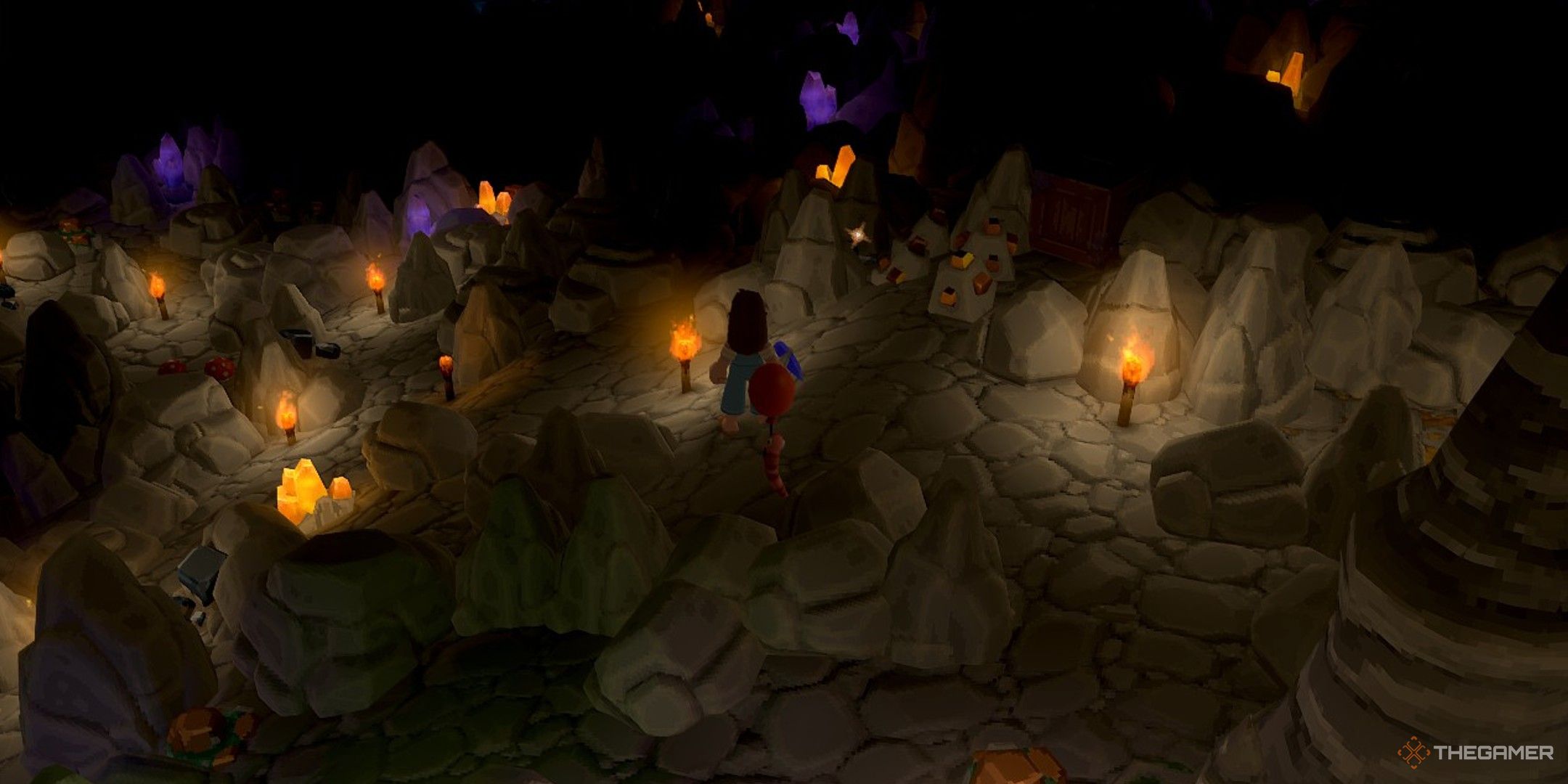
Next
Luma Island: Complete Mining Guide
You’ll have to brave dangerous spiders and encroaching darkness to mine for valuable resources.
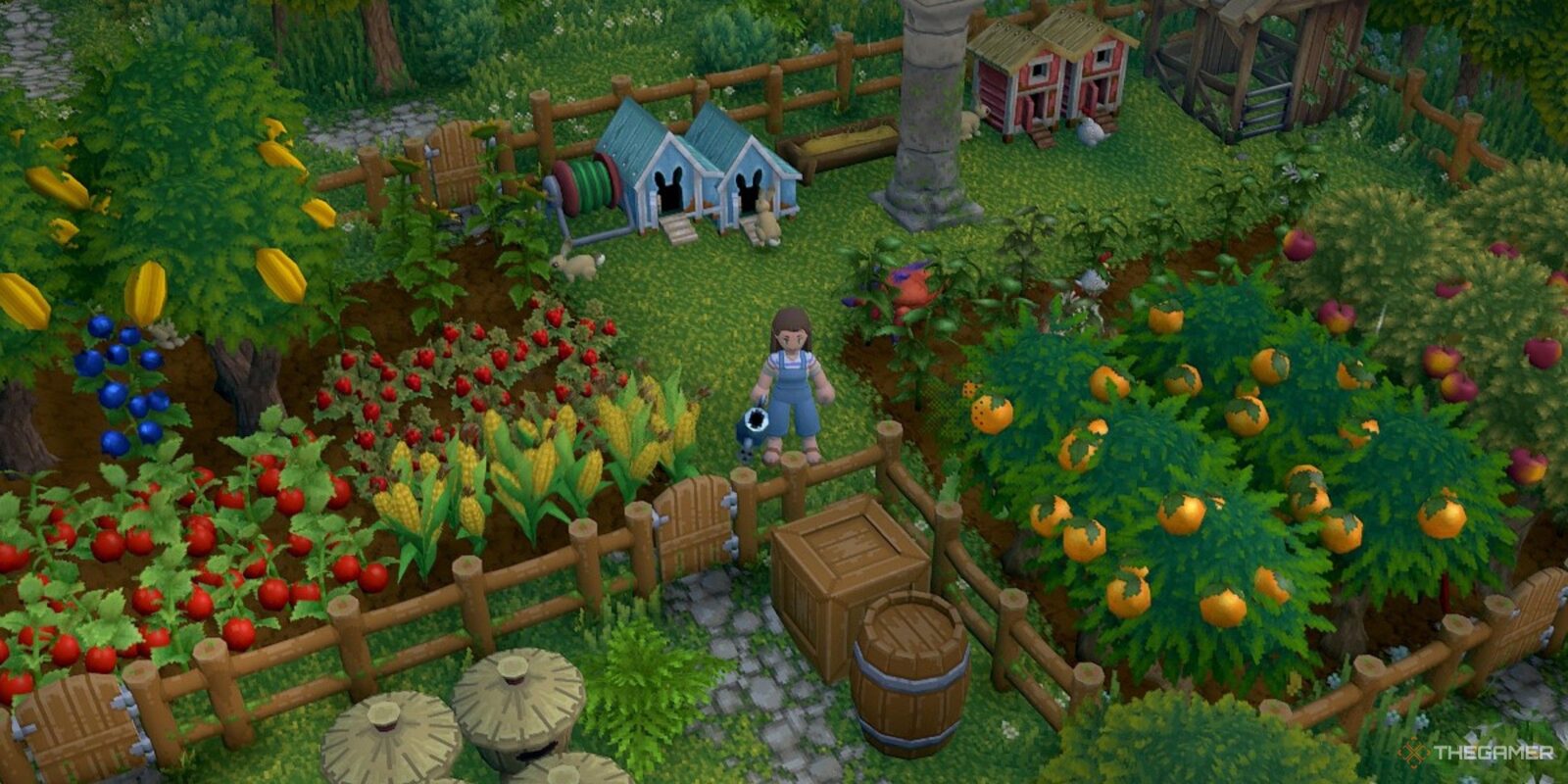
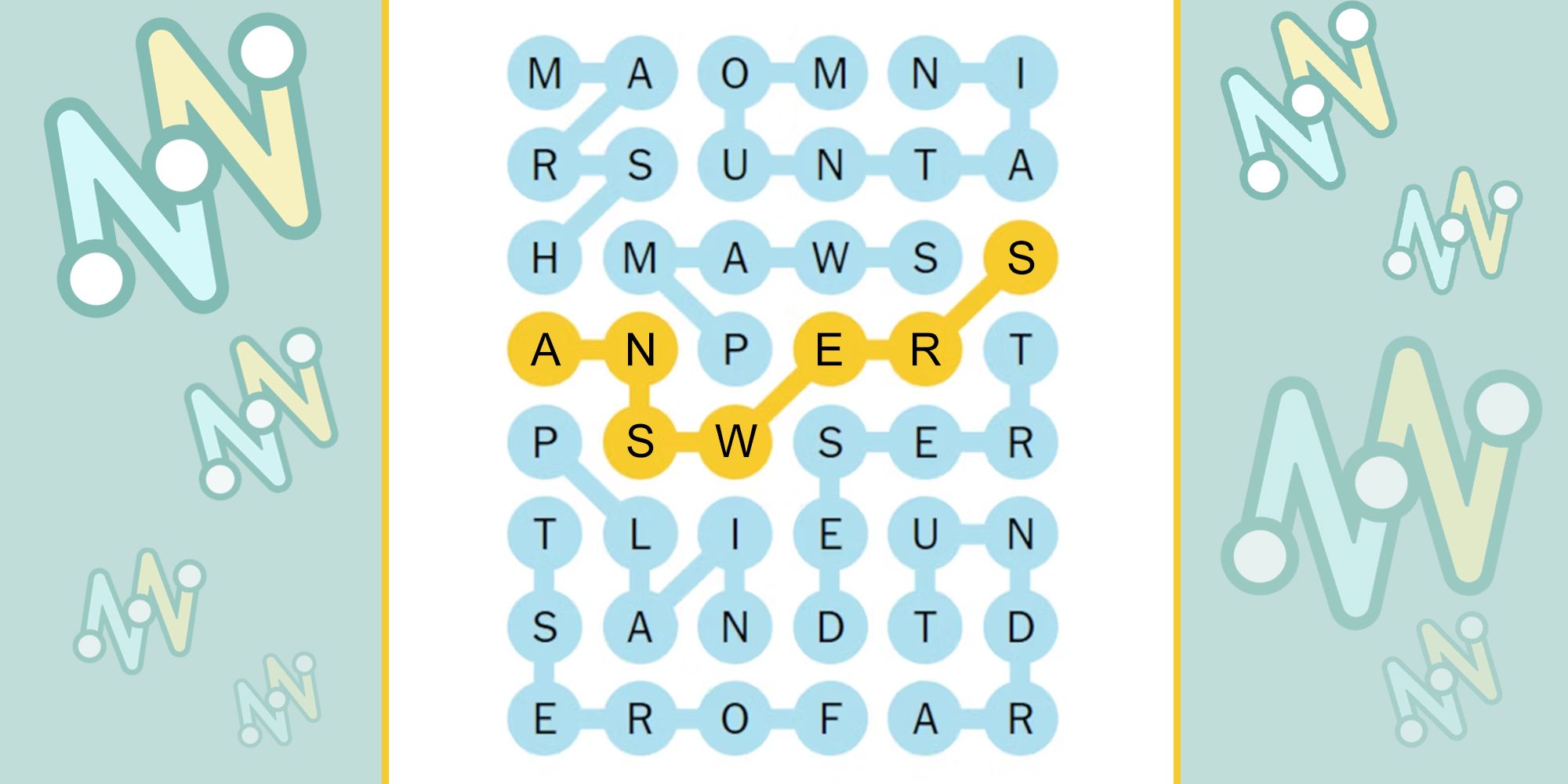
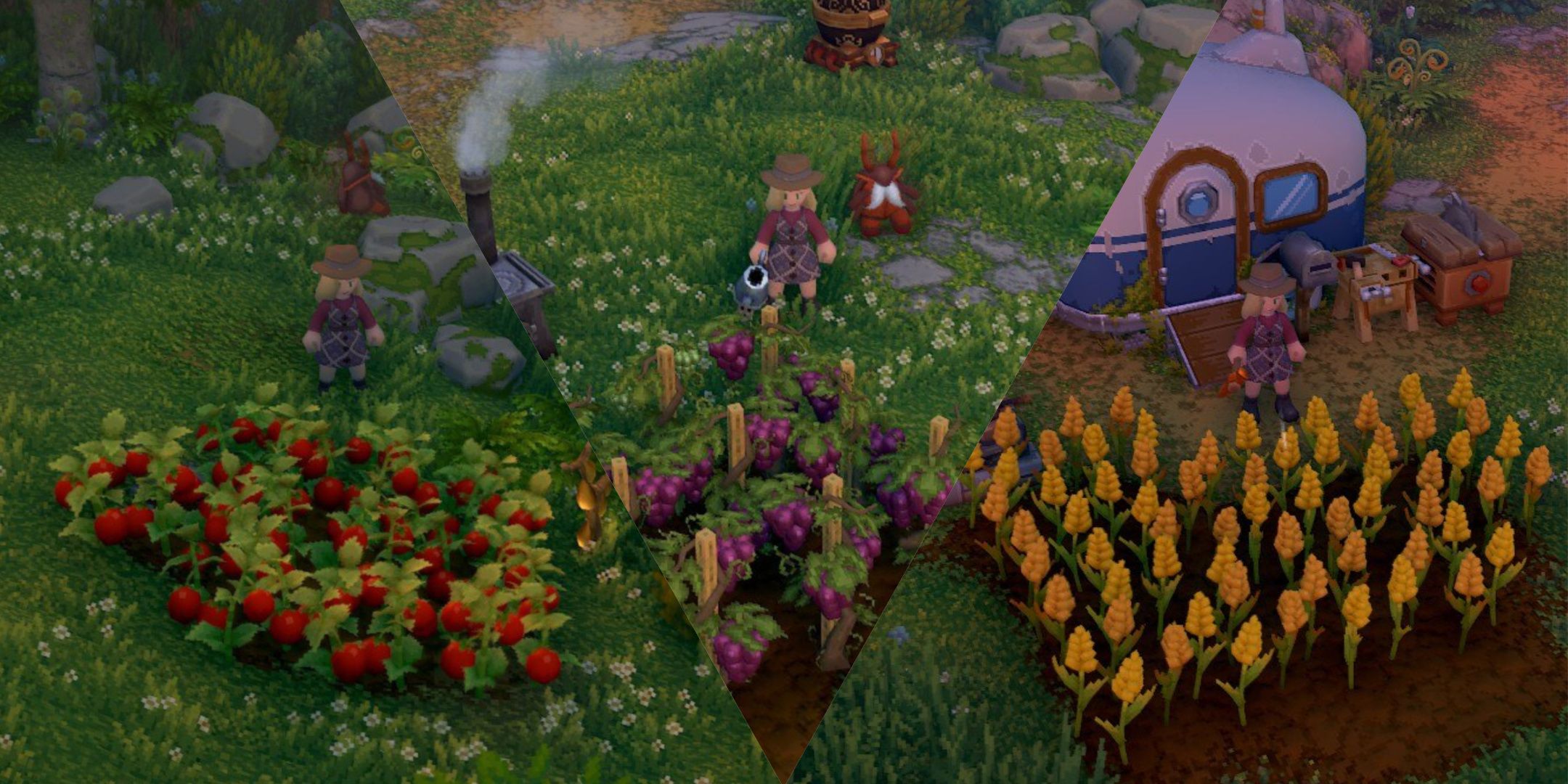
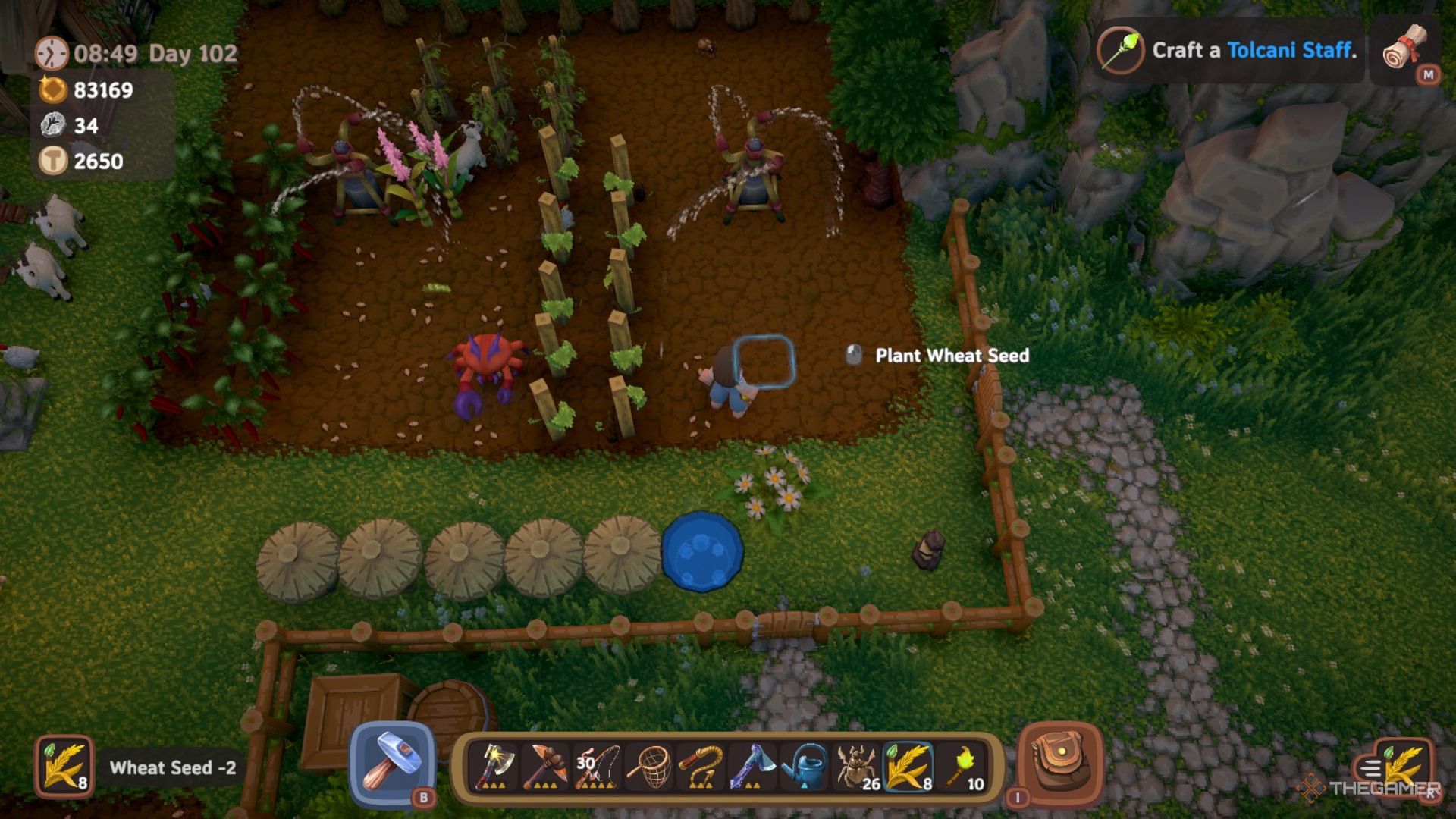
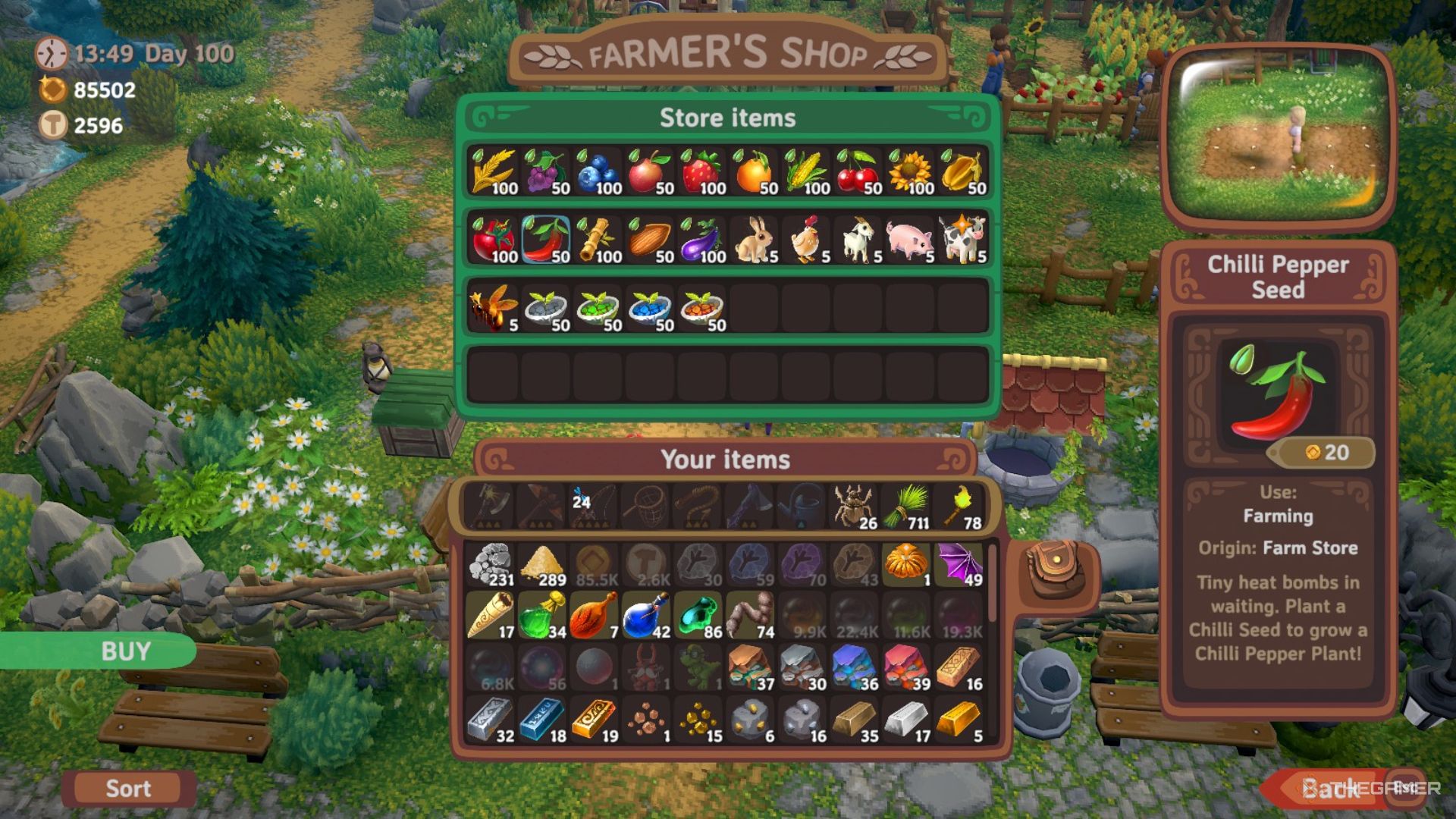
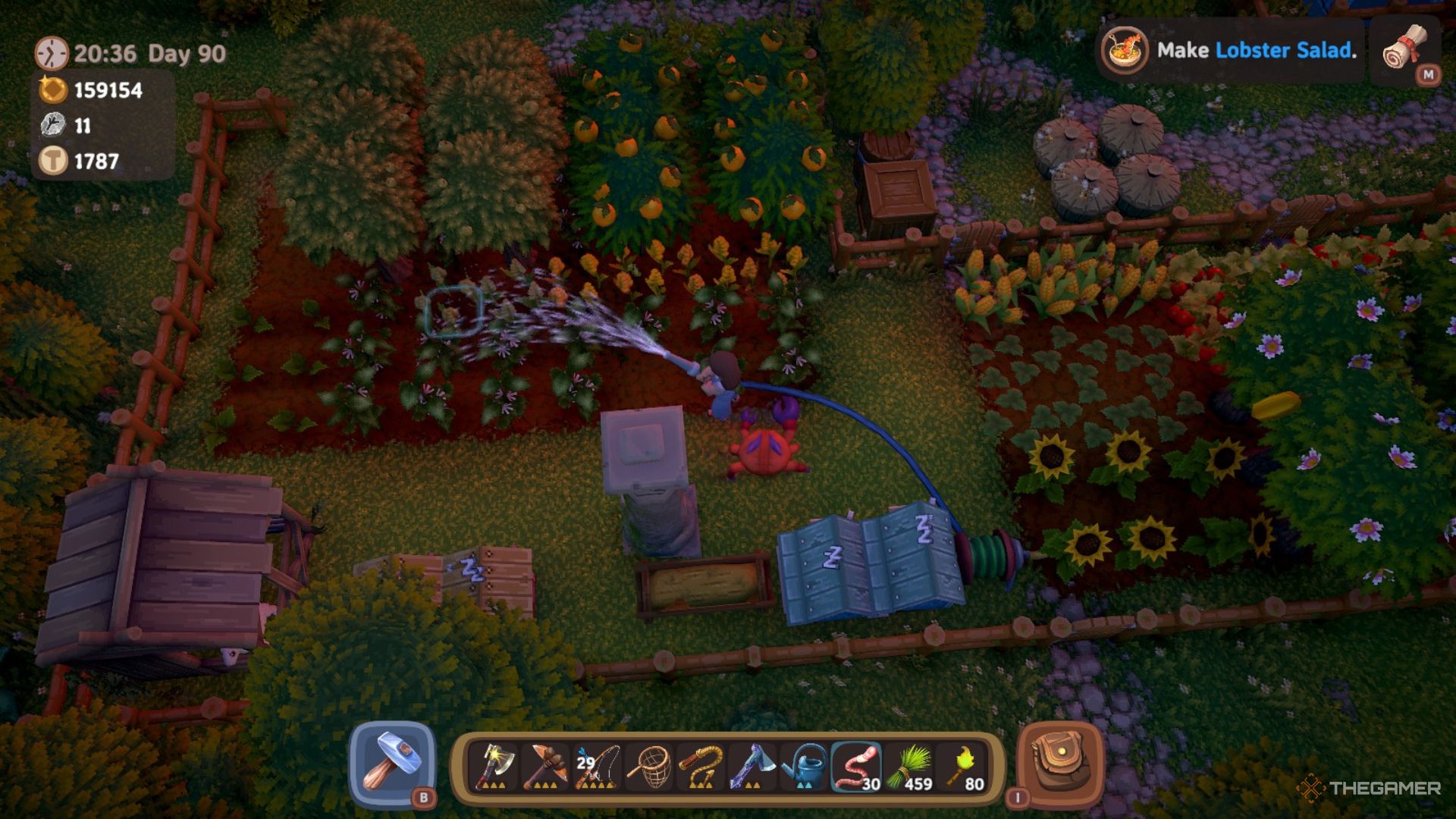
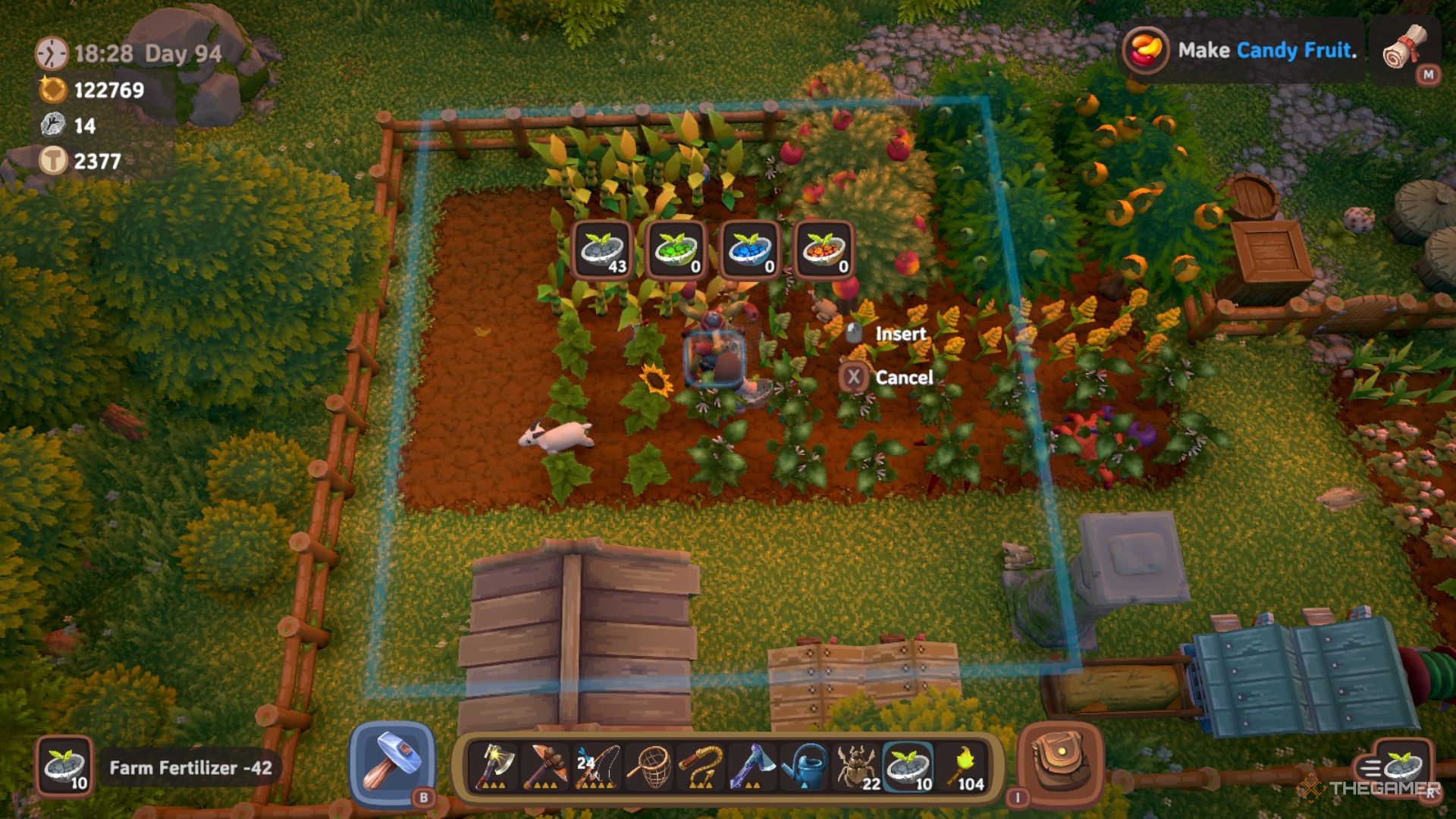
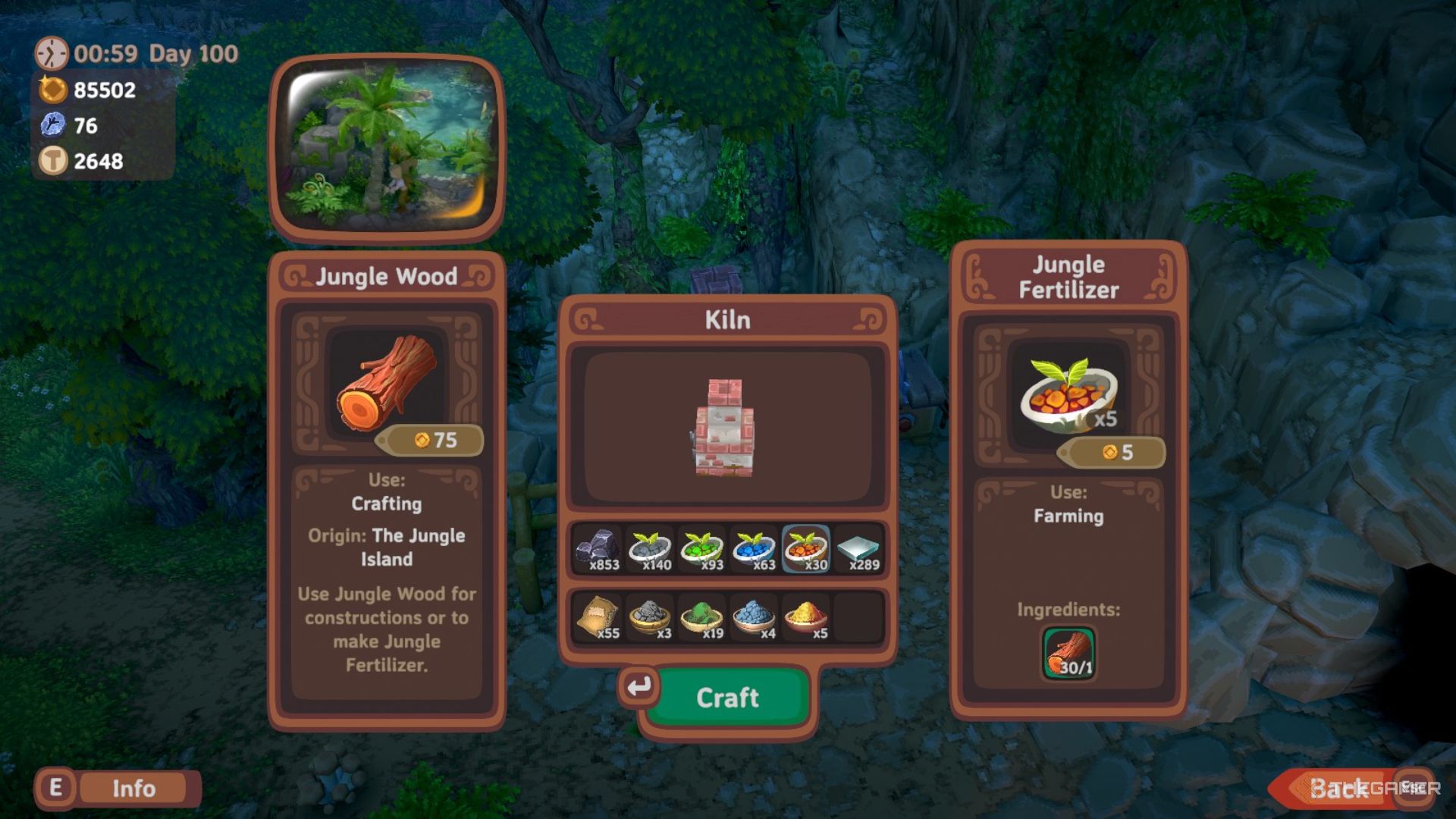
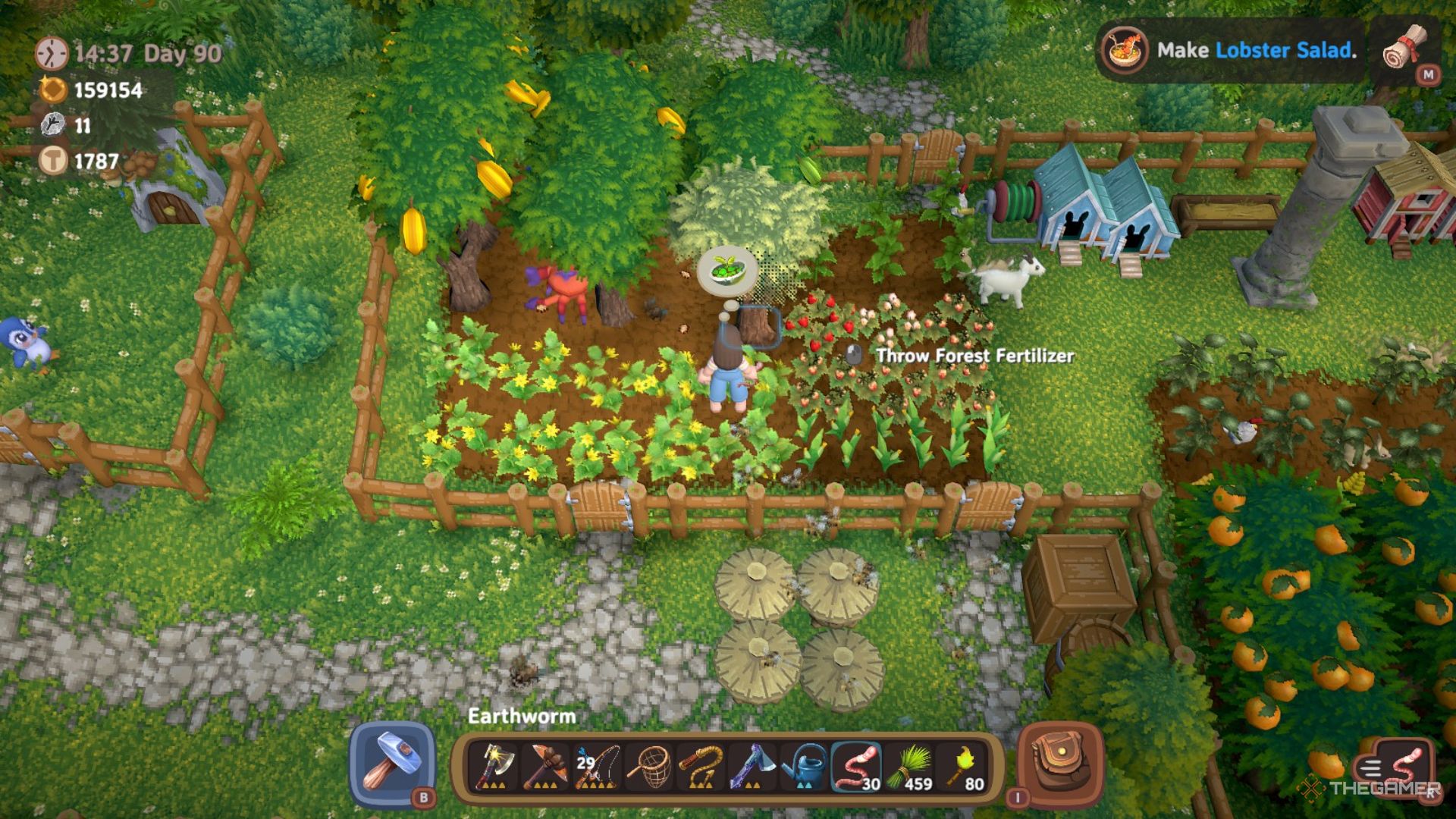
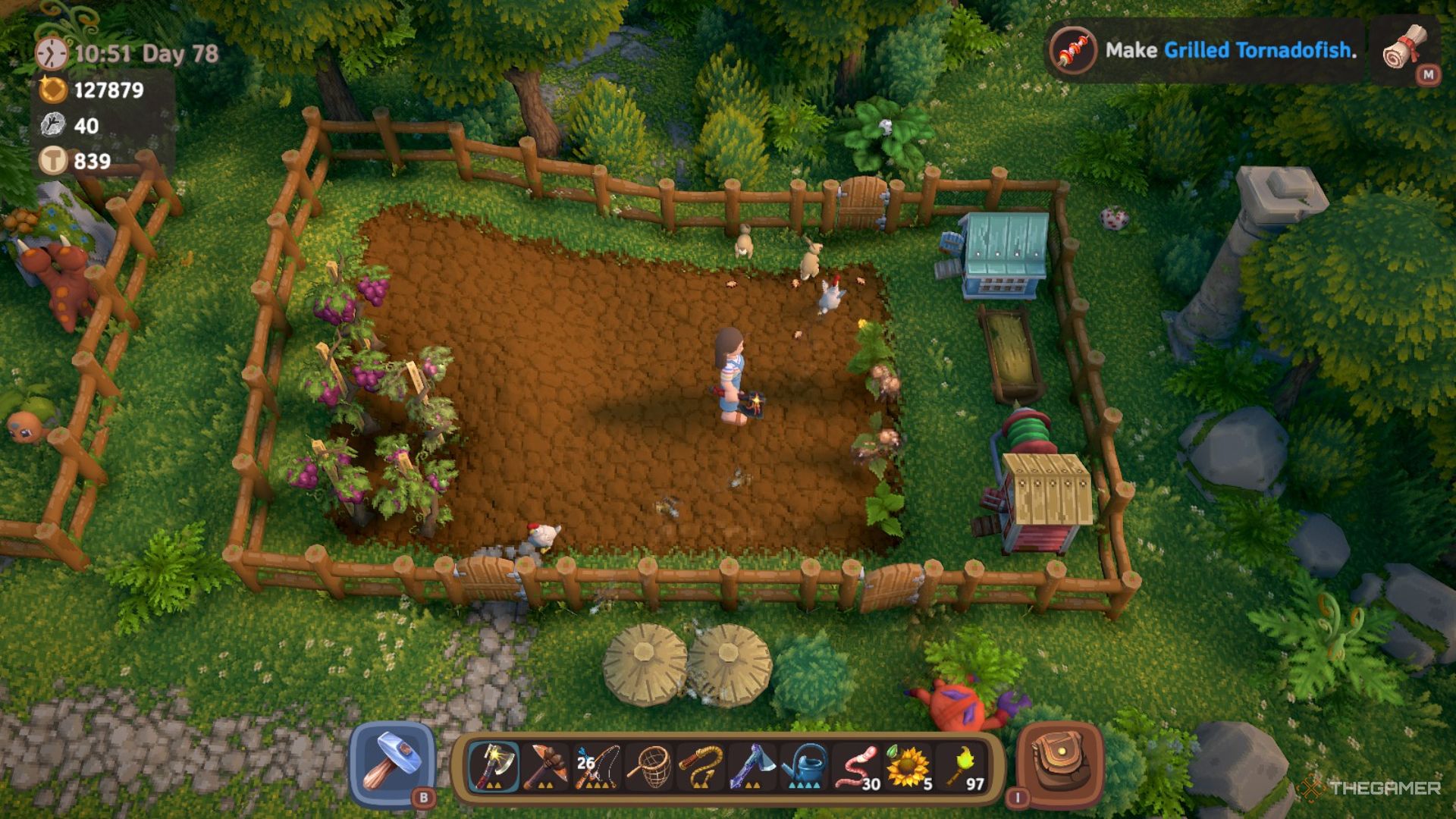
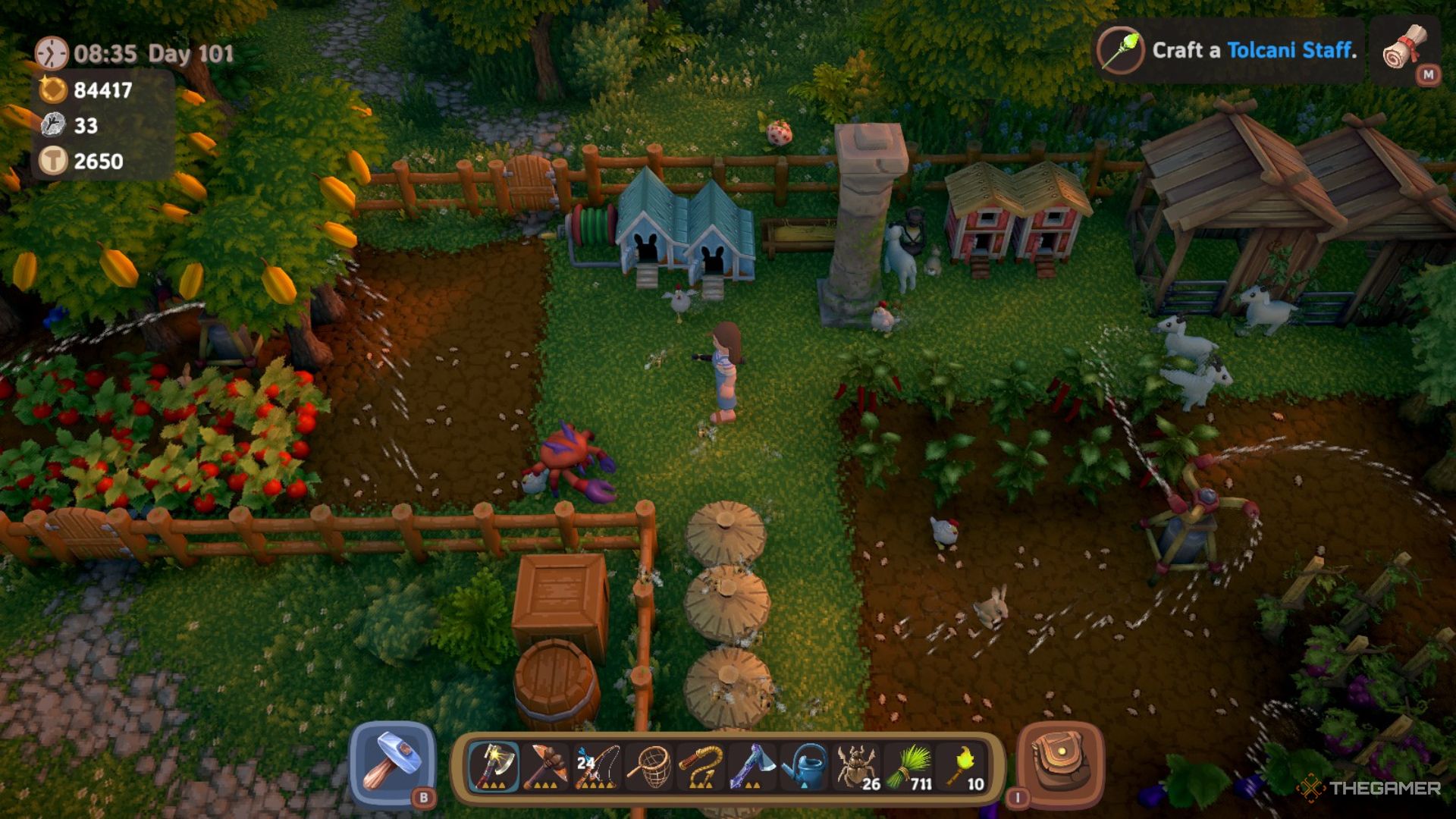
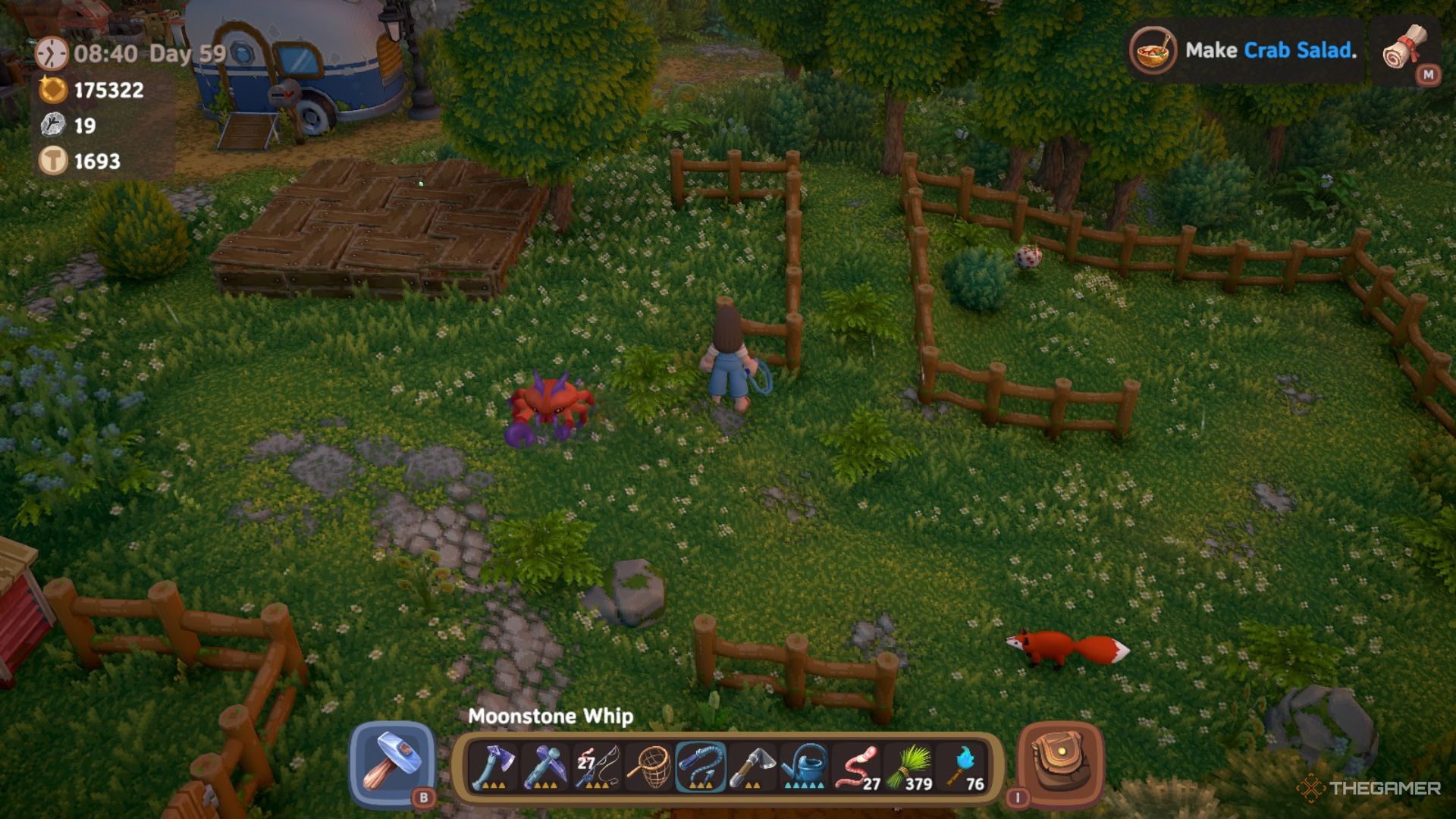
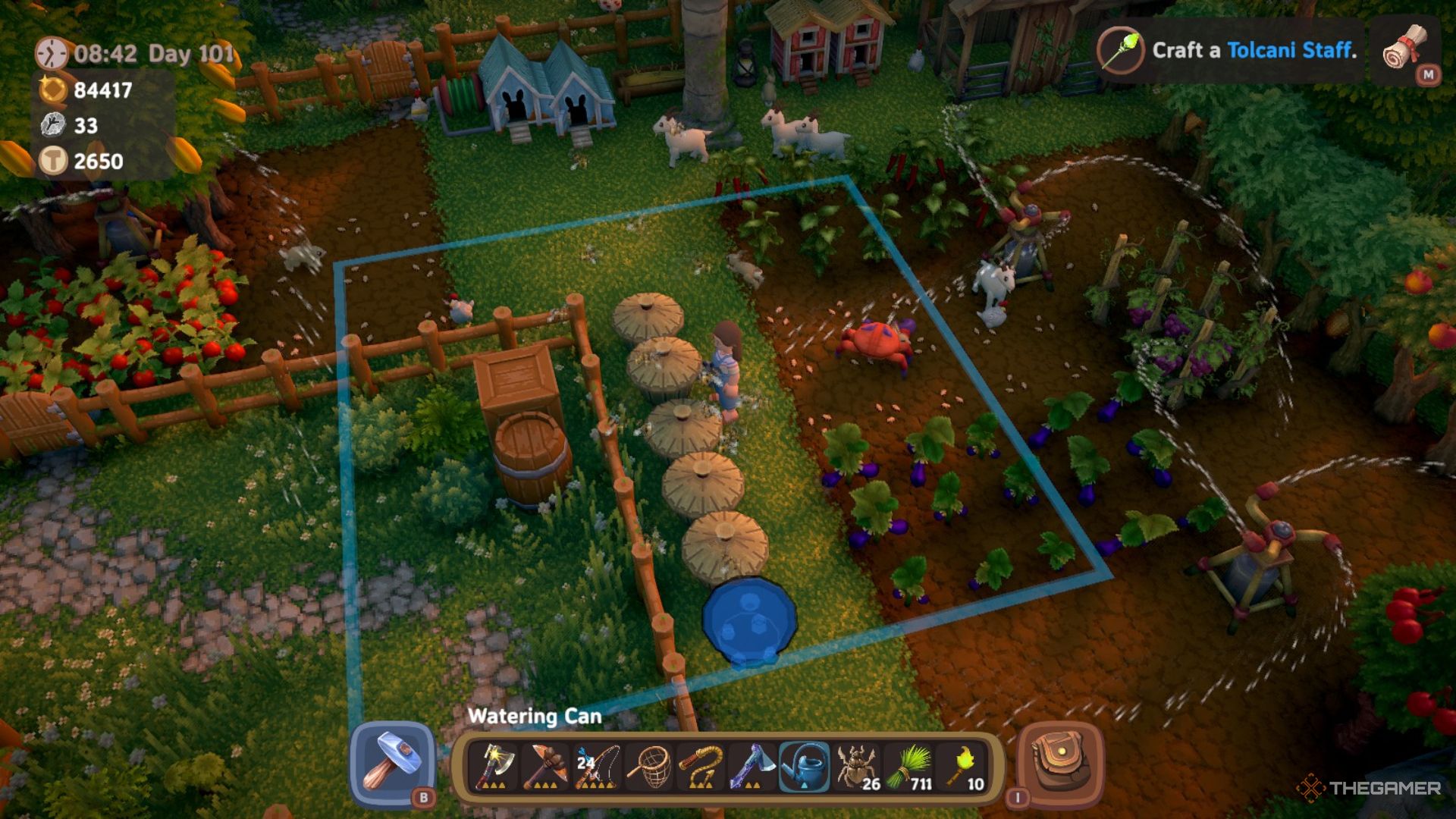
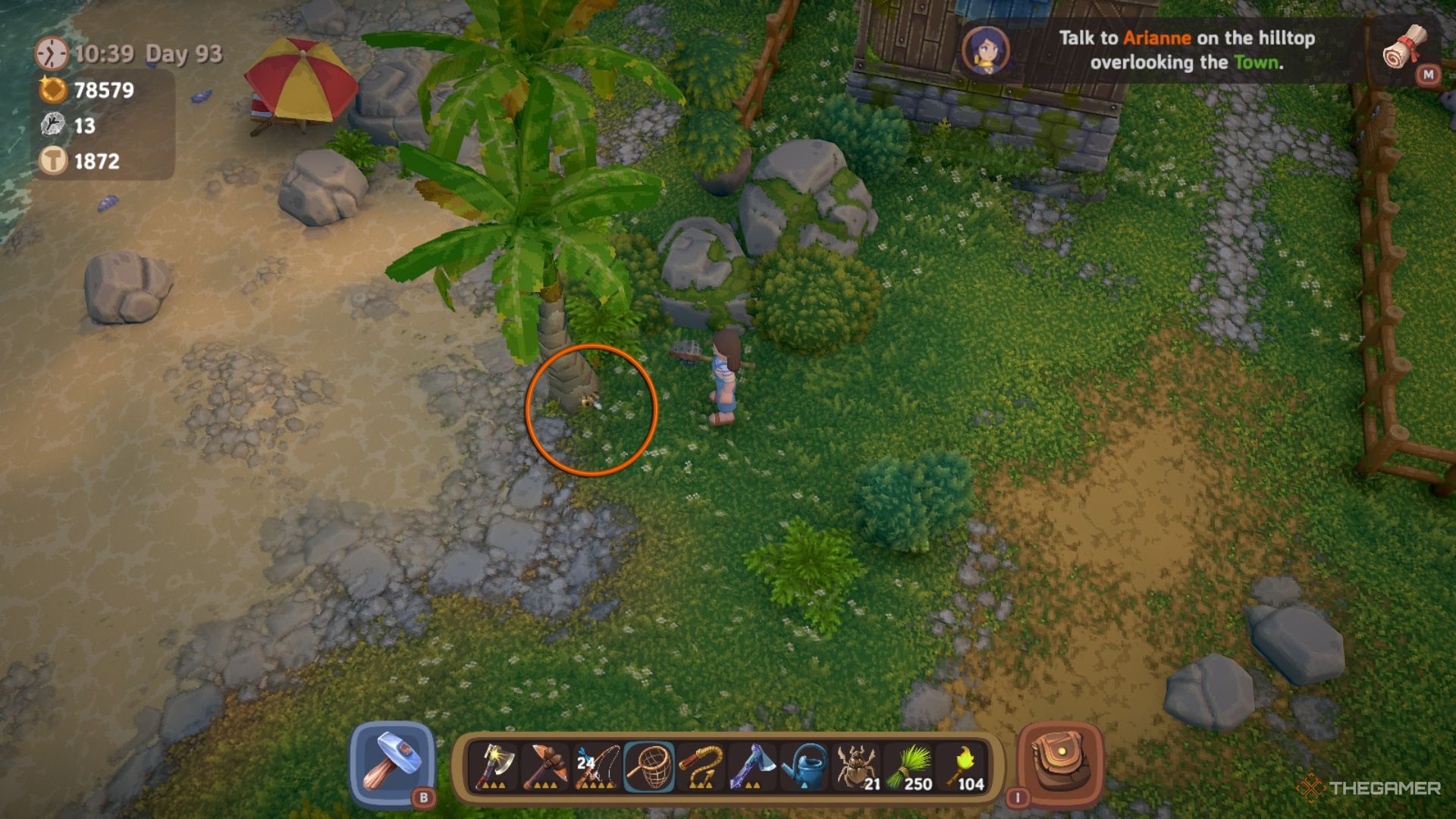
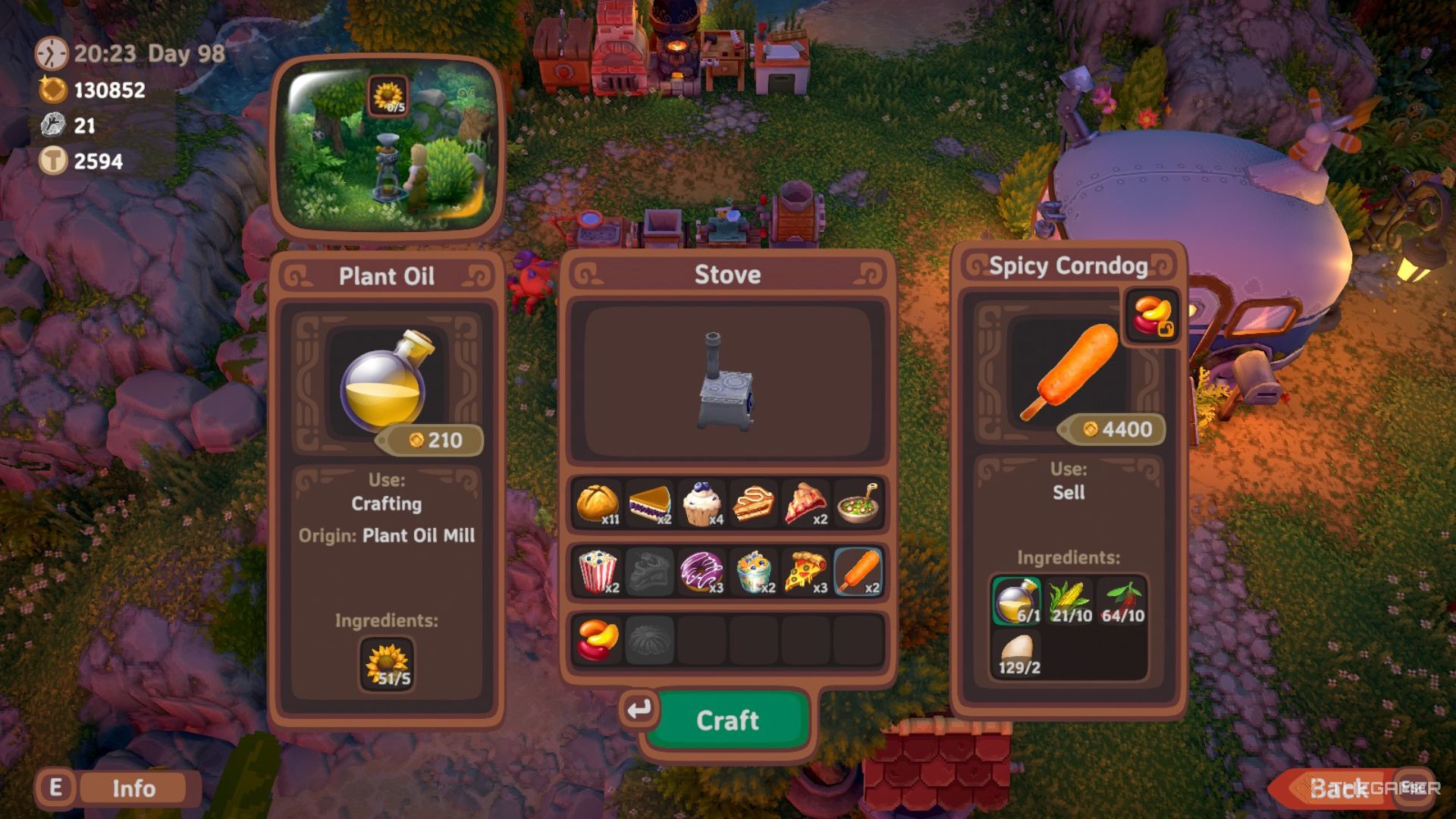
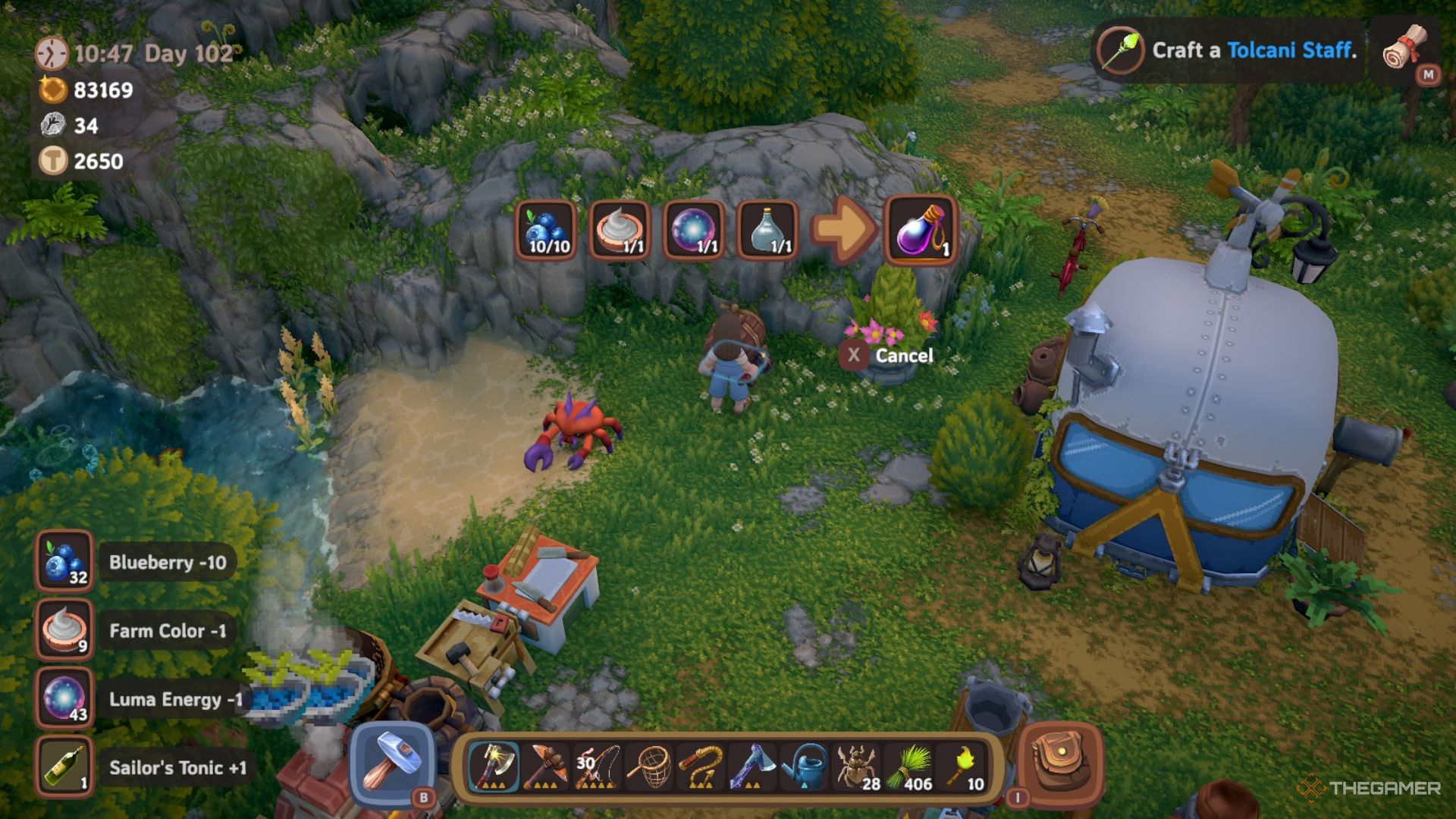

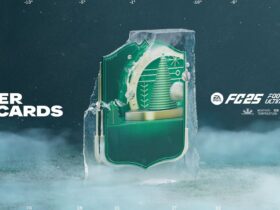
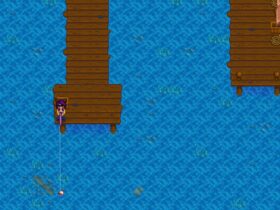


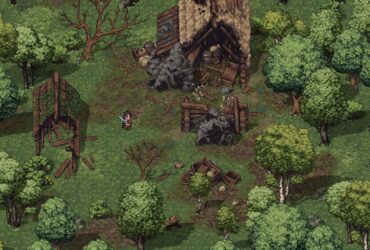


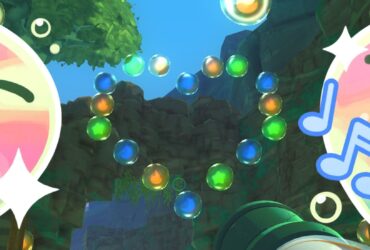
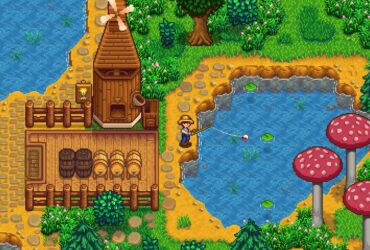
Leave a Reply